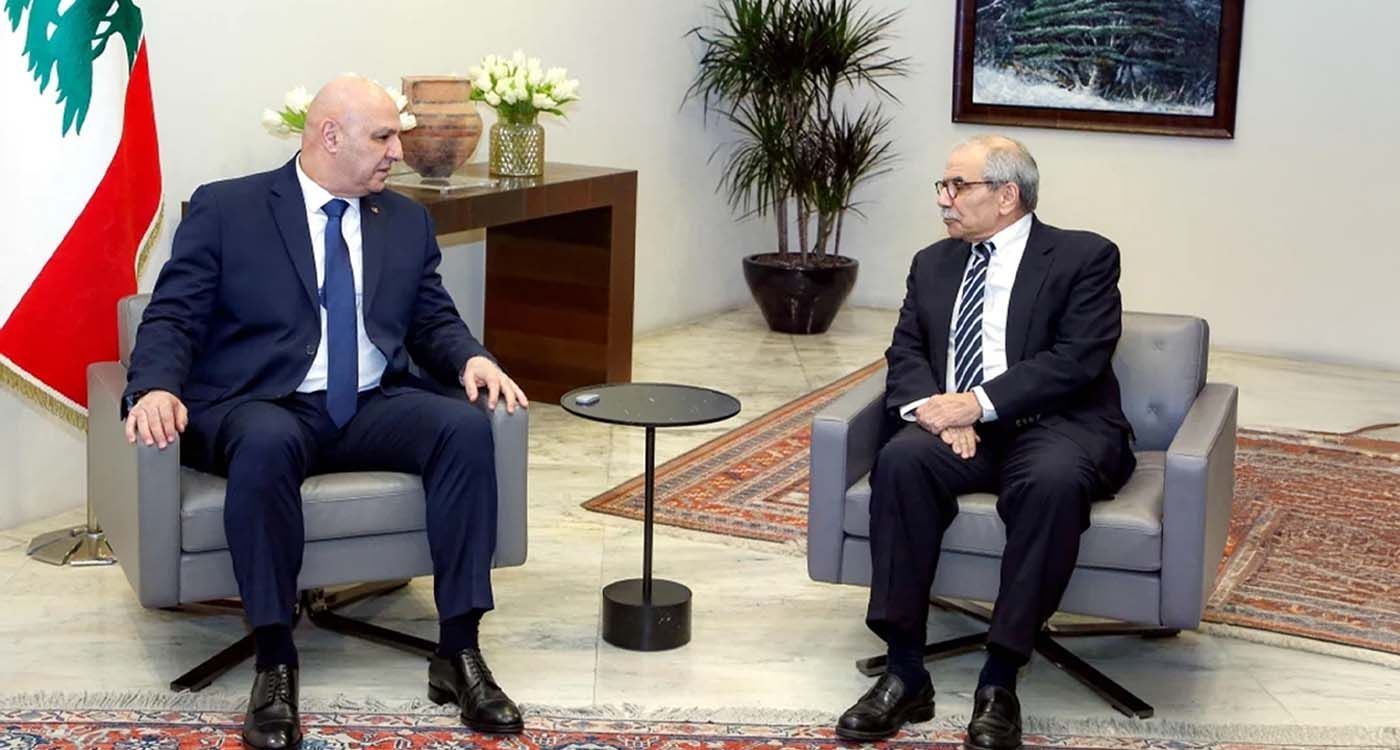
The first government of President Joseph Aoun’s mandate reflects the shifting political balance in Lebanon after the war between Hezbollah and Israel, the collapse of the Syrian regime and Western — particularly American — and Arab (especially Saudi) efforts to help Lebanon engage on the path of building a state.
Notably, Hezbollah and its allies did not secure a blocking third (veto power) in the government. Their participation, alongside the Amal Movement, is merely symbolic. The Hezbollah-Amal duo did not receive full control over the Shiite quota, securing only four ministers, while the fifth Shiite minister, Fadi Maki, is considered close to Prime Minister Nawaf Salam.
Additionally, the Finance Minister, Yassin Jaber, will not be able to obstruct government decisions due to certain guarantees, as the Shiite community itself needs the government’s support, particularly after the war’s devastation.
Among the Sunni ministers, Prime Minister Nawaf Salam secured the lion’s share, with five ministers under his influence, plus two additional ministers, Tarek Mitri and Ghassan Salameh.
The Lebanese Forces (LF) also achieved their strongest representation in government since 2005, securing five ministerial seats.
The president’s share included four ministers, while the Progressive Socialist Party retained two ministers, and the Kataeb Party secured one minister.
The Free Patriotic Movement (FPM) was completely excluded from the government under the pretext of its unrealistic demands. This marks a major shift, as the FPM had been one of the dominant forces in Lebanese governments since 2005, but now holds no ministerial portfolios.
The alignment of interests between President Aoun, Prime Minister Nawaf Salam and the Lebanese Forces led to the exclusion of the FPM. Notably, Hezbollah did not stand by its former ally this time, which can be seen as a form of retribution against the FPM for abandoning its alliance with Hezbollah during the last war and for its refusal to continue defending Hezbollah’s weapons, despite previously supporting them.
The exclusion also extended to another Hezbollah ally, the Marada Movement.
Many Challenges
The task ahead will not be easy for the government under Joseph Aoun’s mandate, as it faces enormous challenges and obligations in politics, finance, economy, administration and foreign relations. Each of these areas requires major reform efforts, and the first task of this government should be to establish a clear roadmap for these reforms.
The political challenges are complex, starting with the implementation of Resolution 1701 and previous international resolutions, including Resolution 1559. This is the only way to ensure that Lebanon has a single legitimate armed force — the Lebanese Army — while freeing the state’s decision-making from Hezbollah’s grip. Additionally, the government must work on securing Israel’s withdrawal from the South and resolving border disputes. The border issue with Syria is equally important, particularly regarding the demarcation of land and maritime borders.
Another crucial political deadline is the municipal and parliamentary elections. The challenge is to ensure they are held on time, as they are vital for maintaining political and institutional stability in the country.
The government must develop a clear financial and economic plan to restore the banking sector’s operations, making it a key pillar of economic recovery. It must also adopt a fiscal policy that avoids deficits and unnecessary spending while working to stabilize the Lebanese pound, signaling an improvement in economic conditions.
In parallel, productive sectors must be given attention, as they are crucial for investment and job creation.
The government faces the difficult task of reforming the public sector, completing administrative appointments and overseeing diplomatic and judicial reshuffles. However, a deep state exists within Lebanon’s institutions, backed by certain political forces that sustain corruption and obstruct reforms.
The government must prove its seriousness in confronting this deep state to gain the trust of both the Lebanese people and the international community. Success in this area would encourage foreign investments and the return of expatriates to Lebanon.




Comments